Exactly one thousand years ago, the Chola king Rajaraja, the Great (AD’985-1014) was embellishing his capital Thanjavur wit Rajarajesvaram, popularly known as the Brihadisvara temple. His clarity of vision is visible everywhere in the temple, be it the conceptualising the design, endowing it with numerous gifts, recording them meticulously, etc. The construction was a gigantic logistical effort. It is not surprising that Rajaraja aptly chose to adorn the dark pradakshina-patha, circumambulatory path, with exquisite murals. The array of saivite themes painted was the choice of the king as he was also known as Sivapadasekhara. The Chola painter took the opportunity to compose the murals with extraordinary imagination. Unlike his contemporary sculptors, architects or artists who carved and cast the marvellous stone and metal images, the medium and large spaces provided the Chola period painter the freedom to explore several dimensions. He used this flexibility to impart life to all figures and motifs, making them more alive and communicative with the beholder. C. Sivaramamurti, doyen of Indian art historians and one of the earliest scholars to study the murals, concluded that the commingling of emotions is complete in the murals.
This display of imagery was unfortunately covered by a layer of paintings by latter day Nayakas of circa sixteenth-seventeenth centuries. Ever since their discovery (possibly on 9 April, 1931) by Prof. S.K. Govindaswami of Annamalai University, the murals had attracted the attention of common people and art historians. The lack of space and natural light inhibited the efforts of photographing the murals comprehensively. Therefore, the Survey undertook the very difficult task of documenting the murals. The process involved photographing every panel in forty odd frames and painstakingly montaging them into one single image. Care was taken to produce an image of each panel that was not distorted and to ensure that the actual colours are reproduced. A comprehensive browsing through the digital files will be even more helpful in interpreting the murals.

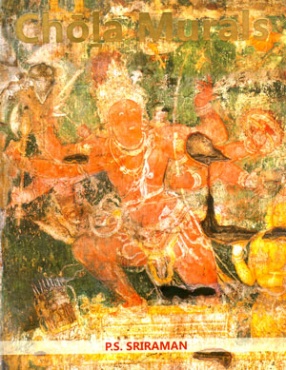
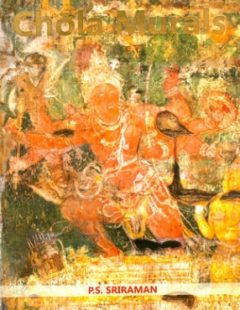
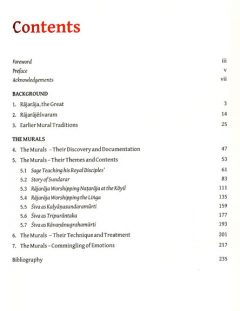
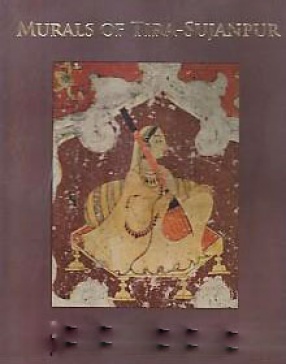
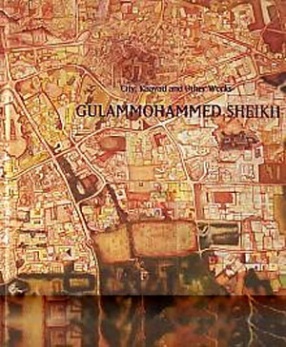
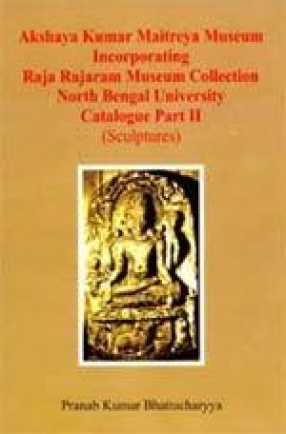
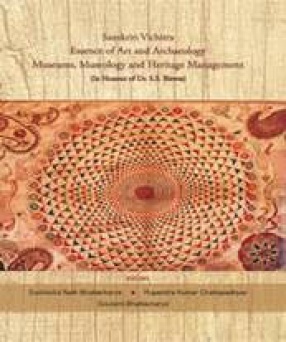
There are no reviews yet.